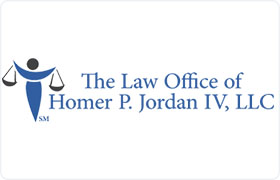Brooks Child Support Lawyer, Georgia
Sponsored Law Firm
-
 x
x

Click For More Info:
-
The Law Office of Homer P. Jordan IV, LLC
125 Townpark Drive Suite 300 Kennesaw, GA 30144» view mapDivorce & Family Law Legal Solutions for a Brighter Tomorrow
At The Law Office of Homer P. Jordan IV, LLC in Kennesaw, we are dedicated to helping clients throughout the Atlanta area, including Cobb, Cherokee and Paulding counties.
800-590-3350
G. Edward Tanner
Immigration, Alimony & Spousal Support, Child Support, Criminal
Status: In Good Standing
FREE CONSULTATION
CONTACTRandall L. Keen
Farms, Alimony & Spousal Support, Child Support, Adoption
Status: In Good Standing Licensed: 38 Years
LaKeisha Gantt
Landlord-Tenant, Social Security, Child Support, Divorce & Family Law
Status: In Good Standing
FREE CONSULTATION
CONTACT Homer Jordan Kennesaw, GA
Homer Jordan Kennesaw, GA AboutThe Law Office of Homer P. Jordan IV, LLC
AboutThe Law Office of Homer P. Jordan IV, LLC Practice AreasExpertise
Practice AreasExpertise
